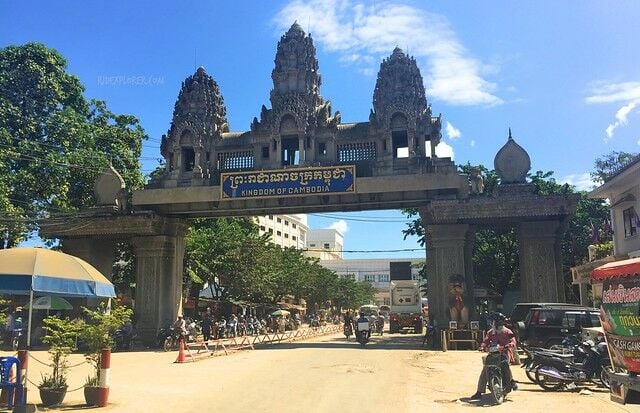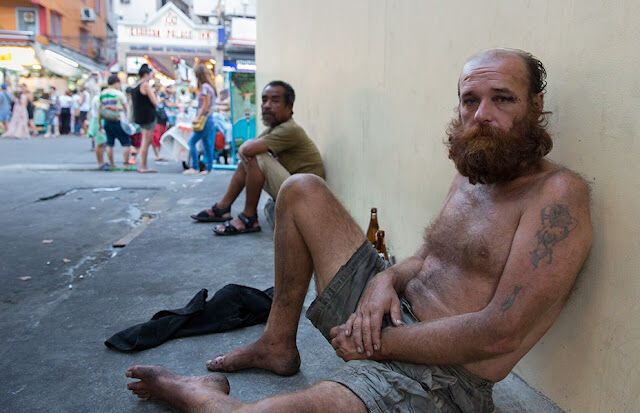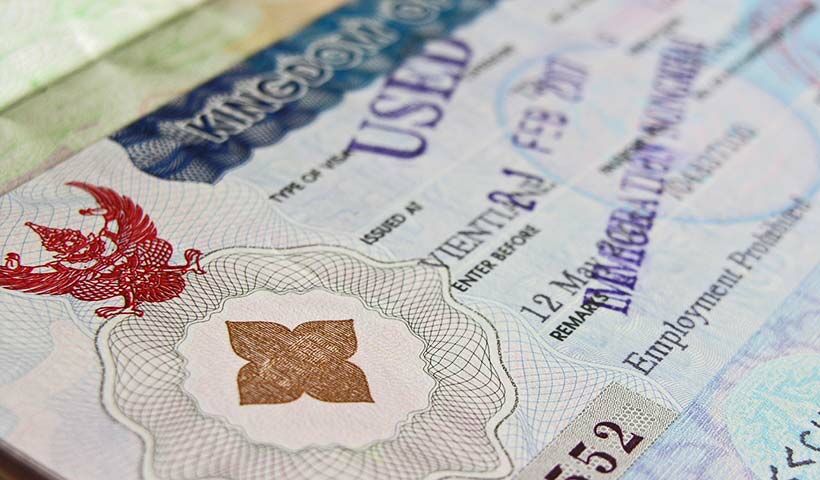Border officials, tour operators carve up latest visa run bounty

Thai and Cambodian border police at Aranyaprathet and Pong Nam Ron detailed rules for those who wish to extend their stay in Thailand by 45 days. The new stamp can be extended for a further month at immigration offices for 1,900 baht (US$50). The scheme is popular with Brits, European Union citizens, Americans and Australians.
Borey San, Cambodian clearance officer, said applicants must register with a Pattaya tour and minibus operator in advance of heading for the border, seemingly giving Pattaya’s numerous cowboy operators even more opportunities to rip off visitors.
The tour company must then send a copy of the passport to the border post of choice to ensure the applicant is eligible for renewal. Unregistered individuals arriving at the frontier under their own steam will not be serviced the same day and would need to spend several days or a week pending review of their application.
Most nationalities can take advantage of the visa-run scheme, but citizens of China, India and dozens of states in Africa are not welcome to participate and no individual may use the scheme more than twice a year. Though no one fully understands why Thailand remains committed to making things as difficult as possible for foreigners who wish to stay for more than a few weeks.

Jessataporn Bunnag, owner of the Thai Visa Center located next to Jomtien Immigration Bureau, said the system was introduced last month in an attempt by the government to reduce hassle for those who want to stay longer without applying for visas from Thai embassies in their home countries before travel.
“The important thing is to show us your passport well in advance so that you can be sure you are eligible,” he said, strangely generous advice, given the simplicity of the rules involved.
Thai Visa Center offers the service, including all costs and even lunch, for 5,500 baht (US$140), including the Cambodian entry visa worth 1,150 baht (US$30) and minibus fare.
Cambodian visa runs were not possible during the pandemic as land crossings remained closed long after airports reopened.

Latest Thailand News
Follow The Thaiger on Google News:


























